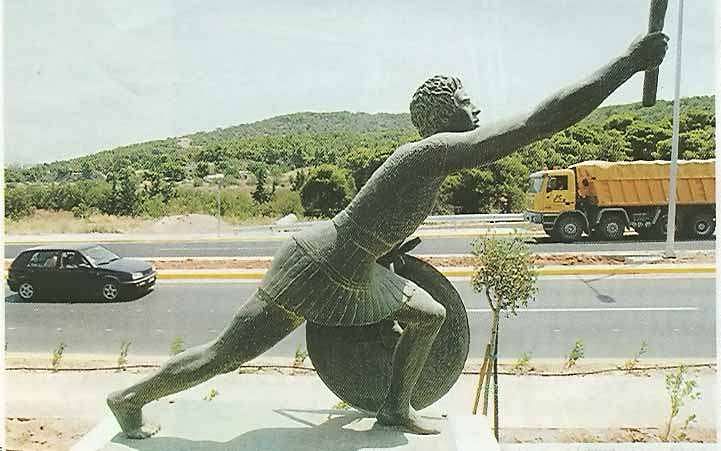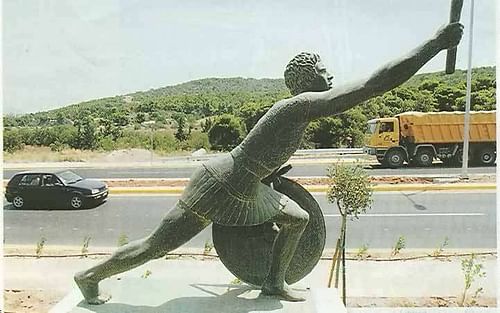
5 facts about history of marathon you must know
There are two kinds of people who are seen at a marathon, primarily the all important runners who tread the course of 42.195 kilometres and the other lot is that of spectators, all potential runners in their own right, cheering on the first group.
Whether you fall under either of the categories, there are some aspects of the age-old sport that you must be unfamiliar with, and hence Sportskeeda digs out to bring to the fore 5 facts about the history of marathons.
#1 The origin of the marathon
The roots of the marathon date back to 490 BC in the glorious land of Greece. The Greeks at that point in time were at war with the Persians and they emerged victorious in the battle which was taking place in the other part of the country, at Marathon. Thus, in order to convey the message of this all-important victory, a Greek soldier named Pheidippides covered a distance of 25 miles on foot from the battlefield to Athens.
On his arrival, legend has it that yelled out, "Rejoice, we are victorious.” post which he collapsed and died on the spot. Since then until today, marathons are held each year in the memory of the brave soldier as a salute to his undying spirit. In fact, a couple of movies have also been made to chronicle the origin of the sport, the first one being the 1959 film ‘The Giant of Marathon’, wherein Steve Reeves played Pheidippides.
The second film called ‘The Story of the Marathon: A Hero's Journey’ released in 1991 and had Yiannis Kouros portraying the role of Pheidippides.
